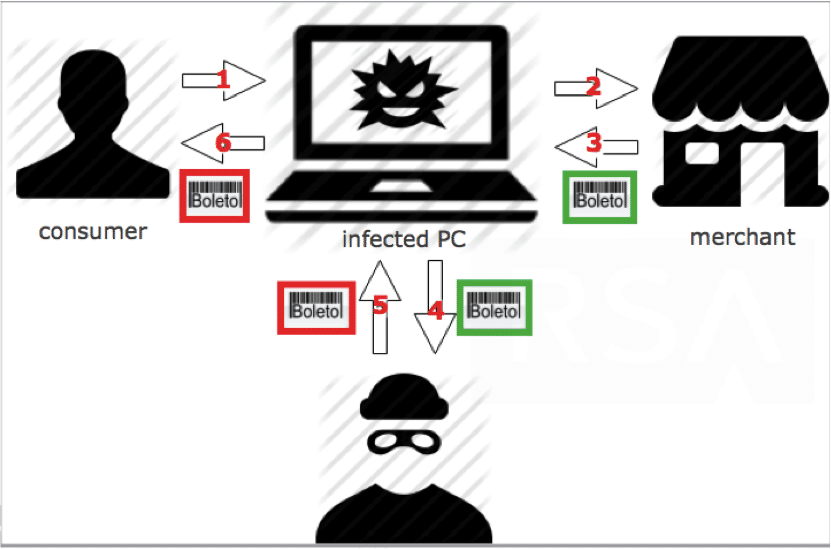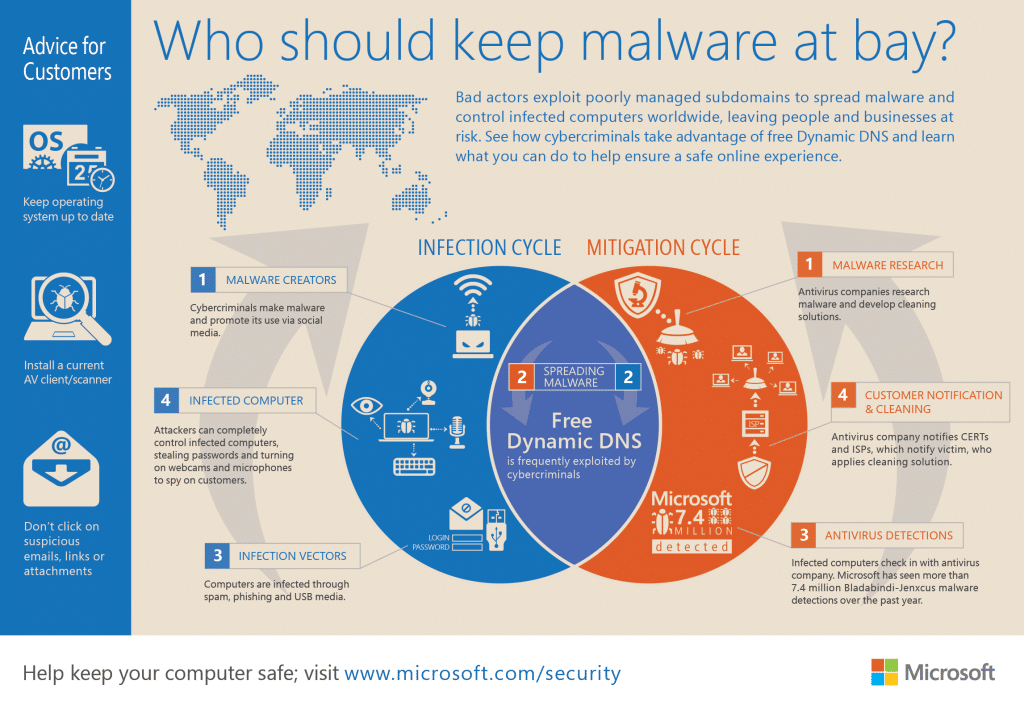A note to Security Ledger readers that I’ll be facilitating a really interesting conversation this afternoon on password (in)security and how weak user authentication can undermine even the best laid security plans. The SANS Webinar, Security for the People: End User Authentication Security on the Internet” kicks off at 3:00 PM Eastern today (12:00 PM Pacific). You can register to join us using this link. My guest is DUO Security researcher Mark Stanislav, a frequent Security Ledger contributor and one of the smartest guys out there when it comes to passwords, authentication and securing the Internet of Things. There’s plenty to talk about: weak authentication schemes are the root cause of any number of prominent breaches – from the recent attacks the Apple iCloud accounts of A-list celebrities, to the breach at retailer Target (reportedly the result of a phishing attack on an HVAC contractor that Target used.) Mark and I […]
social engineering
What Hollywood Can Teach Us: Passwords Matter More Than Ever
Andrey Belenko had what you might call a ‘brush with infamy’ earlier this week after a presentation he took part in on the security of Apple’s iCloud became a set piece in the news media scramble to identify the source of a huge trove of leaked celebrity photos – many depicting Hollywood A-List stars in various states of undress. “It’s not the kind of attention you want to receive,” said Belenko, a security researcher with the firm ViaForensics. “It’s all really creepy stuff.” Belenko’s link to the celebrity hacking scandal was a matter of happenstance. He was scheduled to give a presentation at a small, St. Petersburg multi-media conference, Chaos Constructions, over the weekend. Belenko was presenting research he had conducted a year earlier on the security of Apple’s KeyChain technology and iCloud – a talk he had given twice before in the last year. Prior to his talk, Belenko […]
Update: Cyber Spies Digging For Clues On Iraq?
The folks over at CrowdStrike have dug deep into a campaign of targeted cyber attacks targeting Washington D.C. think tanks and say they have evidence that whomever is behind the attacks has taken a sudden interest in U.S. policy towards Iraq. Editor’s Note: This story was updated to include comments from Adam Meyers, Vice President of Security Intelligence at CrowdStrike. – PFR July 8, 2014 14:30 Writing on Tuesday, CrowdStrike CTO Dmitri Alperovitch described a new campaign by a group they dubbed “DEEP PANDA” that was targeting think tanks specializing on U.S. foreign policy and national security. Alperovitch said CrowdStrike observed a pronounced shift in targets from think tank experts on Asia to experts on Iraq and the Middle East in recent weeks. The shift corresponded with the rapid escalation of violence in Iraq as the Islamic extremist group ISIS took control of large parts of the country. “This actor, who was engaged in […]
RSA: Boleto Fraud Ring in Brazil Linked To Billions in Bogus Transactions
RSA, the security division of EMC Corp. said on Wednesday that its researchers uncovered a massive online fraud ring that has infiltrated The Boleto, a popular payment method in Brazil. RSA said in a blog post on Wednesday that a coordinated investigation a “Boleto malware or ‘Bolware’ fraud ring that may have compromised 495,753 Boletos transactions over a two-year period. The value of the transactions is estimated at $3.75 billion USD, or $8.57 Brazilian Reals. The Boleto is a popular and regulated electronic payment system that is the second most popular form of payment in the country, after credit cards. According to RSA, the malware in question allows attackers to carry out man-in-the-browser attacks that modify transaction details on an infected client system so that funds are directed into mule banking accounts controlled by the fraudsters. RSA researchers discovered 8,095 fraudulent Boleto ID numbers tied to 495,753 compromised transactions. The Bolware botnet is […]
Microsoft Uses Courts To Take Down Malicious, Managed DNS Services
Microsoft Corp. has taken action against yet another cyber crime network, taking control of- and shutting down a managed DNS (domain name system) operated by the firm No-IP that were being abused by cyber criminals, the company said on Monday. The domains were associated with malware families named Jenxcus and Bladabindi that are believed to have infected on some 7.5 million systems, globally. The malicious programs – which are used to spy on the operators of infected systems – use Dynamic DNS services like NO-IP to communicate with command and control systems used to manage infected systems. Dynamic DNS makes the malicious systems more difficult to trace. In a post on Microsoft’s Digital Crimes Unit blog, Richard Domingues Boscovich, the company’s Assistant General Counsel said that the company had filed a civil case on June 19 naming two foreign nationals: Mohamed Benabdellah and Naser Al Mutairi along with a U.S. company, Vitalwerks Internet Solutions, LLC (doing […]





